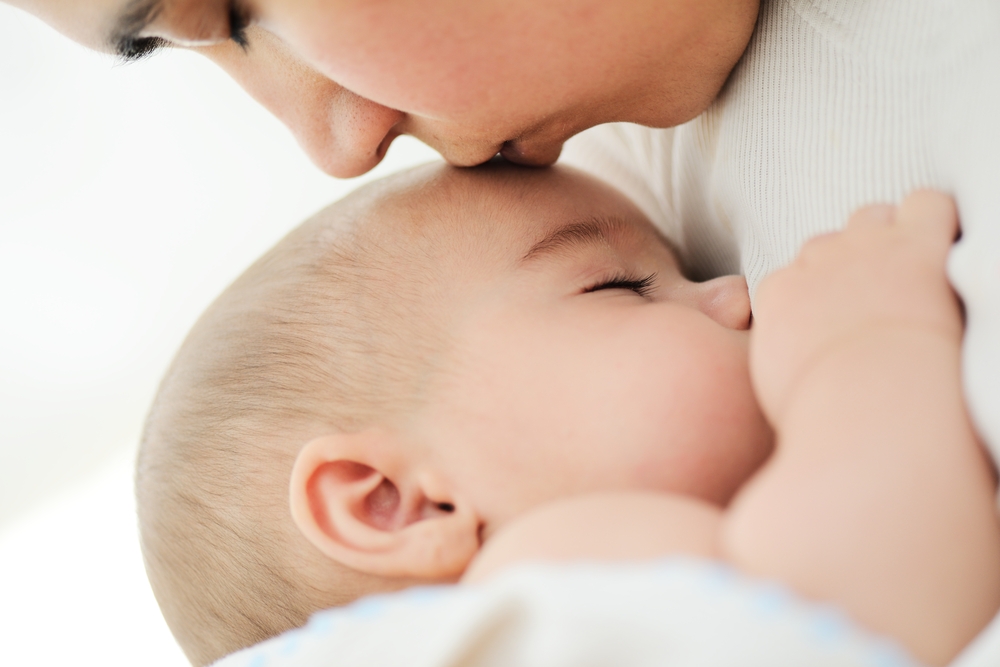In the wake of Suicide Prevention Week, it is crucial to shine a light on a concerning and often overlooked fact: suicide is a leading cause of maternal mortality during pregnancy and postpartum. While this week focuses on suicide prevention in a broader context, it is imperative to recognize the deep relevance of suicide prevention to perinatal mental health. In this article, we aim to underscore the significance of proactive outreach not only in addressing Perinatal Mood and Anxiety Disorders (PMADs) but also in preventing the tragic consequences of perinatal suicide.
Suicide among mothers during pregnancy and postpartum is a heart-wrenching reality, and proactive outreach can be a powerful tool in averting this tragedy, proving to be undeniably vital. By reaching out early, providing support, and monitoring mental health, we create a safety net that can intercept the downward spiral of maternal despair and prevent the unthinkable.
The perinatal period is a profoundly beautiful transition into a new phase of life, but the burden of social isolation is often an underestimated challenge. Research indicates that 32-42% of pregnant and postpartum women grapple with loneliness, and additional trends reveal that maternal loneliness tends to surge after childbirth, while paternal loneliness peaks during pregnancy (Kent-Marvick). Recognized as a risk factor, social isolation can potentially contribute to the development of PMADs, alongside other adverse physical, social, and psychological consequences.
In the spirit of the age-old saying, "It takes a village to raise a child," what if you don't have that village? Moodr Health provides a clear answer to this question: we become your village.
Our core commitment to fostering strong provider-patient communication places a strong emphasis on proactive outreach, which has been widely studied in women’s health. Take, for instance, the realm of breastfeeding support: individuals engaging in breastfeeding demonstrate greater longevity when receiving proactive outreach and support than those who did not (Nassar). This compelling evidence underscores the potential of proactive outreach to make a substantial difference.
Parents should not have to shoulder the entire burden of reaching out when times get tough, nor do we want them to wait until their symptoms become severe. Our goal is to bridge that gap and offer a compassionate hand early in the journey of parenthood, ensuring parents know where to turn if challenges arise. We aspire to foster increased treatment-seeking behaviors, early intervention, and the implementation of protective factors that can help avert severe symptoms for mothers, fathers, and caregivers. Moodr Health equips providers with the tools and technology necessary to implement proactive outreach, as we strive to redefine perinatal care.
References:
Kent-Marvick, J., Simonsen, S., Pentecost, R., Taylor, E., & McFarland, M. M. (2022). Loneliness in pregnant and postpartum people and parents of children aged 5 years or younger: a scoping review. Systematic reviews, 11(1), 196. https://doi.org/10.1186/s13643-022-02065-5
Nassar, L., Van Zandt, S. N., Nassar, G., & Nassar, R. (2022). Increasing Breastfeeding Rates Through Continuity of Care. Clinical Lactation, 13(1), 32-38.
Blog Post
Recent Articles
August 14, 2023
The age of technology has brought about not only convenience and connectivity but also tools for maintaining and...
August 14, 2023
When discussions arise about perinatal mental health, the immediate focus often pivots to mothers. Understandably, as...
August 9, 2023
Parenthood can be a journey of profound joy, but it also comes with its share of challenges. From the quiet struggles...
Subscribe to our blog
Moodr Musings
Please enter your email below to subscribe to our blog.




